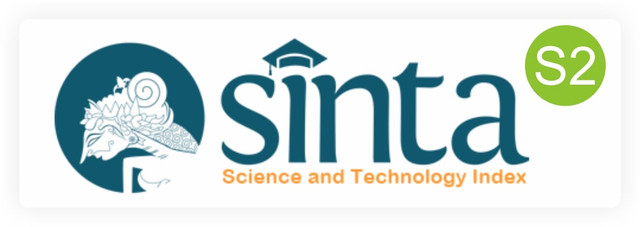Daya hambat kombinasi madu mangga (Mangifera indica)-susu probiotik terhadap pertumbuhan Eschericia coli ATCC 6538 dan Staphylococcus aureus ATCC 8739
DOI:
https://doi.org/10.12928/pharmaciana.v6i2.3741Keywords:
Mango honey, Lactobacillus acidophilus, Lactobacillus casei, antibacterial activity, Eschericia coli and Staphylococcus aureusAbstract
Growth inhibitory activity of combination of mango honey-probiotic milk produced by Lactobacillus acidophilus (L.a) and Lactobacillus casei (L.c) against E. coli and S. aureus has been studied. The fermented milk was prepared by inoculating each probioticin milk at 43ºC and then incubated at room temperature for 24 hours. Diffusion agar technique by using nutrient agar media was used to assess the minimum inhibition concentration (MIC). Result of the research showed that pH of fermentation broth of the probiotic milk reached 5. Biomass obtained that calculated by Total Plate Count of L.a and L.c was 1.3 x 107 cfu/mL and 20.7 x 1013 cfu/mL respectively. Inhibition zone diameter ofthe mangohoney-L.c showed an optimum antimicrobial effect against tested bacteria at 1:9 ratio. The MIC value against E. coli and S. Aureus was 15.7 ± 6,1 mm and 13.3 ± 3.0 mm respectively. The activity of mango honey-L. aexhibite dan optimum antimicrobial effect against tested bacteria at 2:8.The MIC value againstE. coli and S. Aureuswas14,7 ± 1,1mm and 13.3 ± 1.3mm respectively.
Downloads
Published
Issue
Section
License
Authors who publish with Pharmaciana agree to the following terms:
- Authors retain copyright and grant the journal the right of first publication with the work simultaneously licensed under a Creative Commons Attribution License (CC BY-SA 4.0) that allows others to share the work with an acknowledgment of the work's authorship and initial publication in this journal.
- Authors are able to enter into separate, additional contractual arrangements for the non-exclusive distribution of the journal's published version of the work (e.g., post it to an institutional repository or publish it in a book), with an acknowledgment of its initial publication in this journal.
- Authors are permitted and encouraged to post their work online (e.g., in institutional repositories or on their website) prior to and during the submission process, as it can lead to productive exchanges, as well as earlier and greater citation of published work.


1.png)











